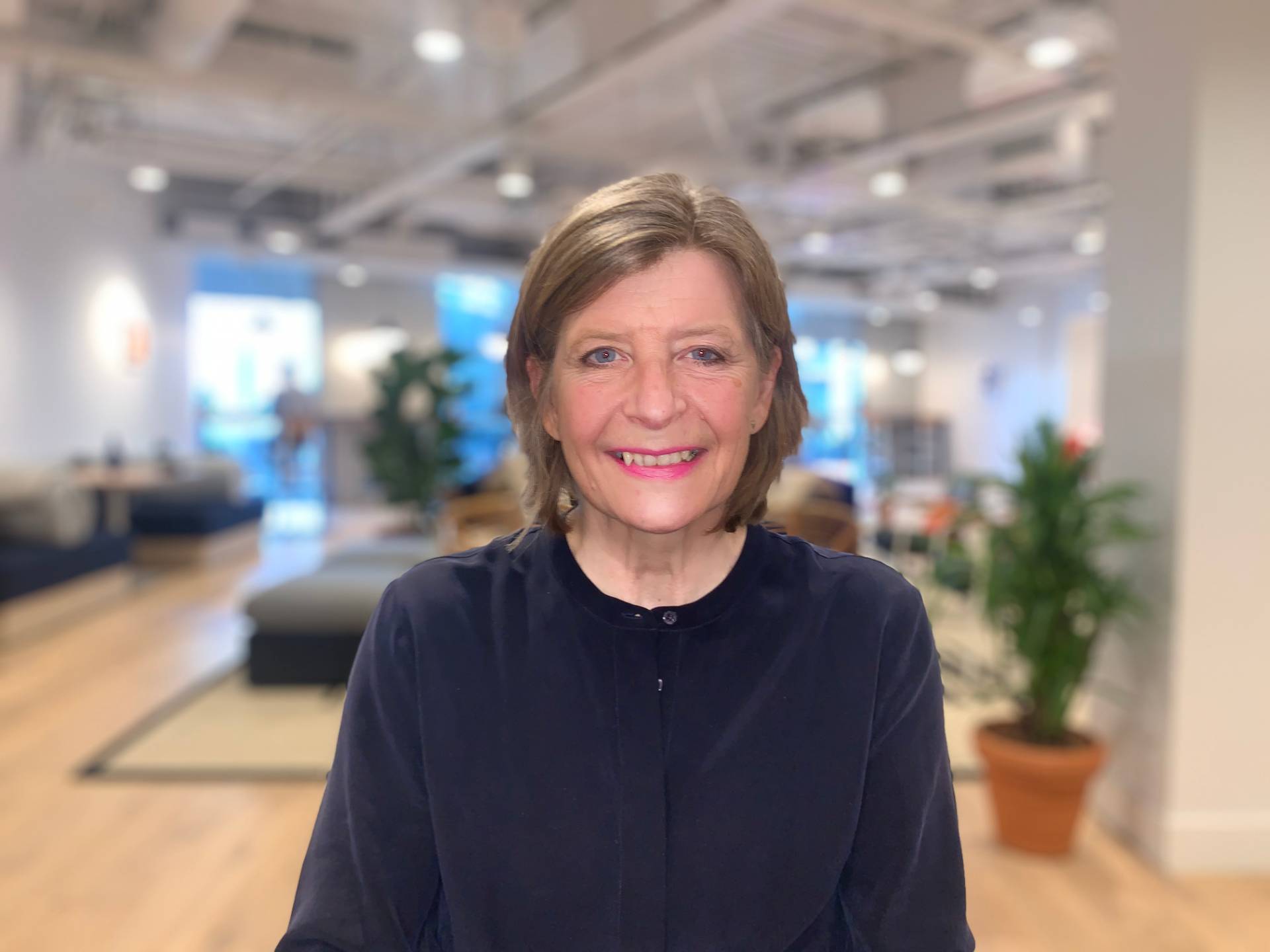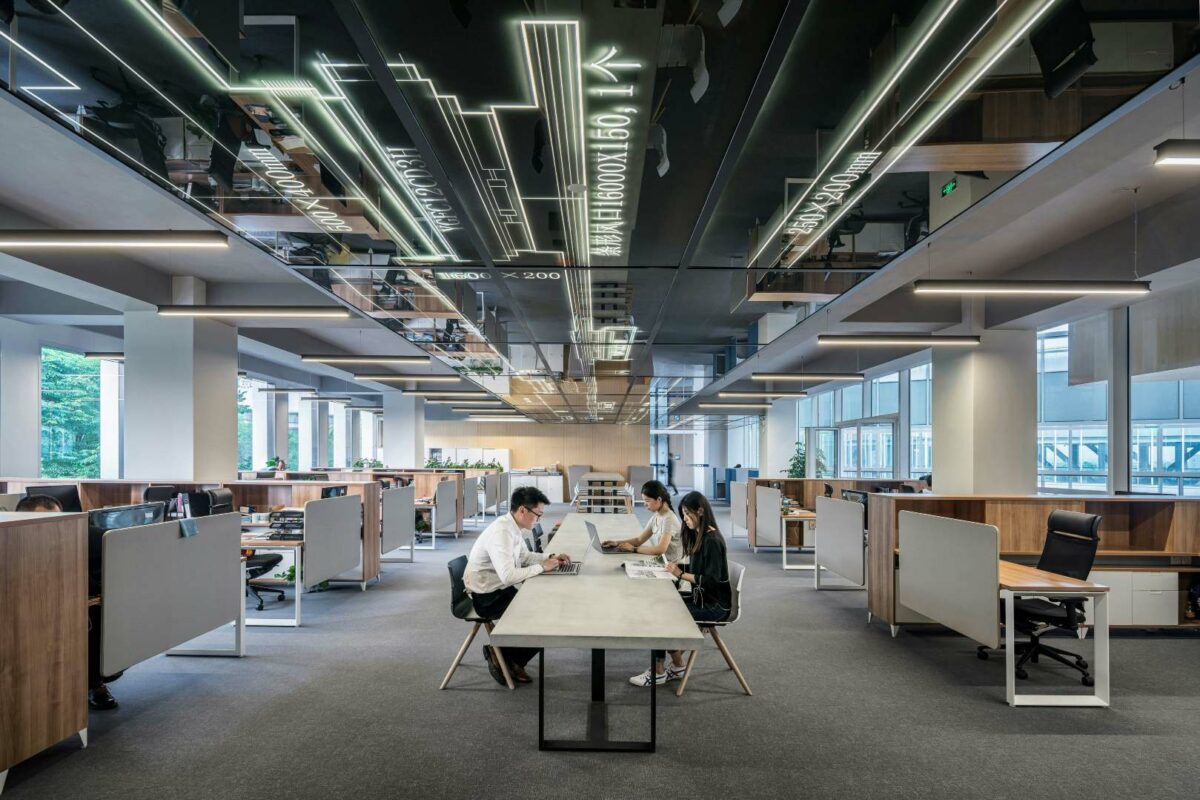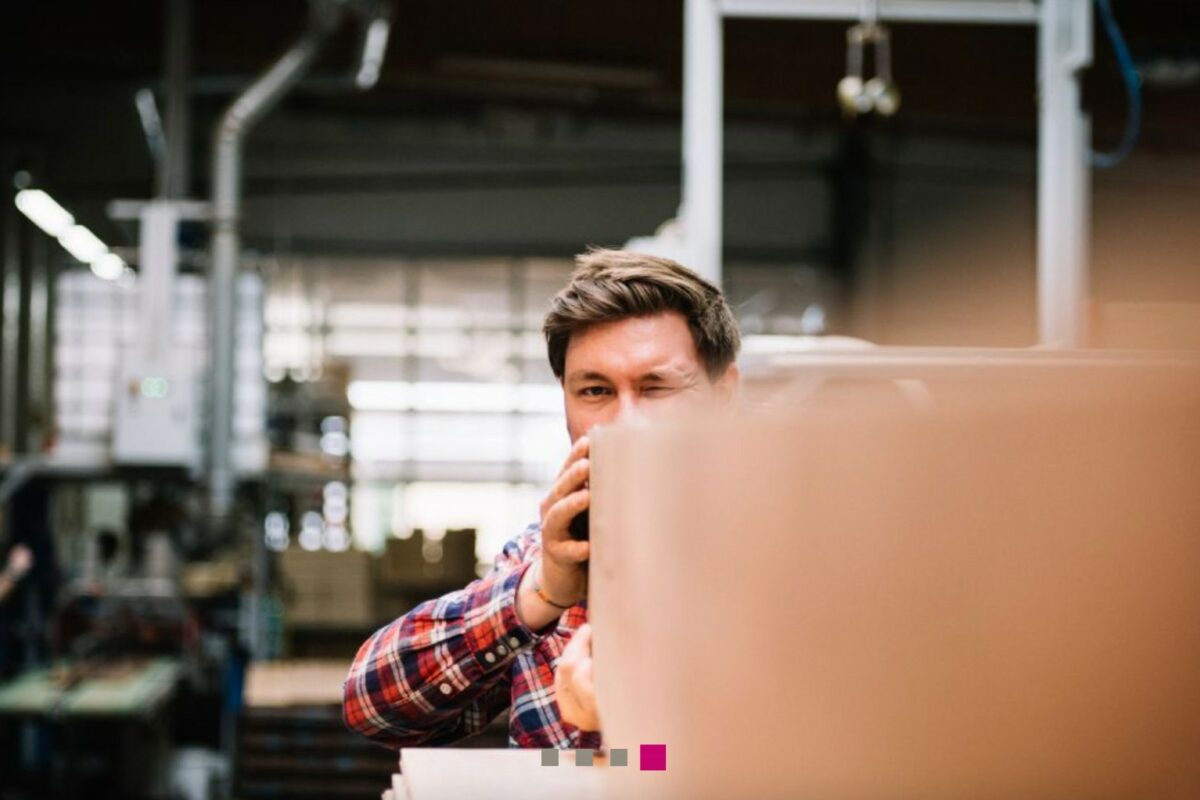I don’t know how you are faring but I’ve certainly had some darker times over the last few weeks. I find I’m largely ok and then wallop! I get hit by a real downturn in my mood. As a person whose glass is unfailingly half full, these short-lived low periods came as a real surprise.
The Centre for Mental Health says that the current situation is triggering a range of mental health issues across more of the population than normal. When we factor in uncertainty, fear, isolation, loneliness and sleep deprivation, it is unsurprising that people are struggling to cope. And this is made worse if you have pre-existing mental health conditions or come from an under-privileged background. Working from home can be tough too – there’s no separation between work and home life, and many are missing that vital social contact and collaboration with our colleagues.
So, what can you do to address any issues you see emerging – whether in yourself, your family, friends, work colleagues or staff?
The mental health charity Mind has a clear check-list that is both practical and easy to do. First of all, let some fresh air in to your home, or better still get outside for some exercise. I know this helps me clear my head quickly and effectively. It might be dark, cold or wet, but just feeling different air on my face and head helps.
As sociable creatures, we all need contact with others and to share our experiences and feelings. There are so many ways to connect now and opportunities to do things together. Whether phoning, taking part in a video chat or sending a letter, communicating with others is vital. Hunt out online theatre, book and film groups if you can’t start one with your own friends. This also can help to manage any loneliness you might feel. Sometimes just turning on the radio or dotting pictures of family around your home can help.
And if you can meet friends safely for a walk or bike ride – do. Just chatting, laughing, sharing how you are feeling can make a magical different to your mental health. We’re working much longer inside than normal, so getting outside is crucial. And if you’ve got no friends or family locally, seeing people in the street, or talking to someone in the cafe queue to buy coffee can help you feel less lonely.
Setting clear boundaries
The work/home balance when you are working from home can be hard to get right too. Mind suggests setting clear boundaries limiting the time you work and where you work. I work with a wide range of creative people and companies, and the ability to keep that creative impetus up has varied across individuals, so I was interested to read WeTransfer’s latest Ideas Report 2020.
Over this year it has found that nearly half of the 35,000 people questioned were having more ideas due to the changes Covid-19 had brought to their working environment, with a third feeling more creative than normal. And nearly 62% of people in new jobs said they were having more creative ideas than ever before, with greater confidence in those ideas. This begs the question whether creativity thrives outside of comfort zones. Or even whether creativity is an effective coping mechanism when times are tough.
But the research also shows other shifts that are echoed in reports from other sources. There was a shift towards prioritising family and friends, along with mental and physical health, above work. And the respondents were definitely reflecting more on what they want from life, turning to simpler things, putting themselves and their family at the centre.
Greening our cities
But the pandemic hasn’t just taught us how much we need to connect with other people – it’s also made us realise the huge value in connecting with nature too. 40% of respondents say they are turning more to nature to inspire their ideas. But long term, the solution is not moving everyone out to the countryside. Instead, by greening our cities, offices and homes, we can help manage the mental health of the workforce. We have to think how our cities and built environments can be adapted or built better to ensure citizens are positively, not adversely affected by living there.
Moving forward we are likely to see the rise of biophilic design impacting our working and public buildings. This practice brings a visual connection with nature and the outdoors to spaces to support health and wellbeing. It has been shown to positively impact working practice as well as the bottom line.
Global biophilic expert Oliver Heath who has consulted for Bloomberg’s offices, worked with Interface, as well as being a regular face on the BBC’s DIY:SOS says that for many people corporate health and wellbeing aspirations are not being translated from work to home. Likewise, the positives we’ve discovered at home will need to be translated back to the working environment.
There is little doubt that people have suffered from working at home. In the office there are ergonomically designed chairs, better acoustics and perhaps less – or different – distractions. The cat/fridge/child/next door’s building workmen are interruptions you don’t have to think about in the office. Oliver admits that having hurt his own back by working from his kitchen chairs which were designed for 1-2 hours of seating rather than day-long stretches. If we continue to work from home, these aspects need to be resolved to ensure better health and wellbeing.
Post pandemic needs
When the vaccination project finally takes effect and we can look towards a return to the office, Oliver thinks it will be key that building and company managers recognise that the needs of their teams will have changed. People may have heightened anxiety coming back into the workspace post Covid-19, as well as residual anxiety. For some this can prove overwhelming and scary.
Of course, architects along with anthropologists have long been aware that we all have a protective, invisible bubble surrounding us – our personal space – that expands and contracts depending on where we are and who we’re with. The 2m Covid-19 space is a regulated extension of that. And this will have to be factored into the way we work in the future.
It’s perhaps no surprise then that Oliver considers it will be important to have a variety of spaces available for teams. This might include quiet seated areas, small rooms for 1-2-1s, bigger airier meeting rooms as well as third spaces such as cafes or bars where people can socialise when they need to.
Nature is good at helping us to recuperate too, so to bring natural materials and plants into the workplace should be a priority. For example, using a wall/screen of trees or plants to separate areas allows people to see others but not feel overwhelmed by them. Adding different furniture, natural materials and colours can create a sense of diversity, a rich space similar to what we’d see outside in woodland. He adds that if there is a perception of a space being able to support vibrant plant life, it will support human life.
Embracing daylight
But for now, as we slip into the colder months, still working from home, Oliver stresses that getting outdoors is vital for regulating our sleep/wake circadian rhythms. ‘It’s harder to keep morale up when there is less natural light’ he states. He uses time outside as a buffer zone between his working hours and home life, which ensures he gets outside into nature at least twice a day. Bringing plants into the home is also beneficial, with an additional tip of changing your bedside lighting from bright white to a warmer, more orange (or even dull red) light bulb, to remind the brain it is time for sleep.
So, as we move towards 2021 and the years beyond, there are important lessons to learn from our 2020 experience about how we look after our collective mental health. In writing this piece and reflecting on my own experience, I realised there was more I could do to help myself on a daily basis – and certainly more I could do to help others, whether clients, family or friends in the new year.
For more content from Erica Wolfe-Murray, click here.
Erica Wolfe-Murray works across the creative, cultural and tech sector helping companies to innovate through imaginative use of their intellectual assets/IP. Referred to by Forbes.com as ‘a leading innovation and business expert’, she is the author of ‘Simple Tips, Smart Ideas : Build a Bigger, Better Business’, finalist in the Business Book Awards 2020, She is also in Enterprise Nation’s Top 50 Advisers and a Design Business Association recognised Expert.

Content Team
Work in Mind is a content platform designed to give a voice to thinkers, businesses, journalists and regulatory bodies in the field of healthy buildings.




